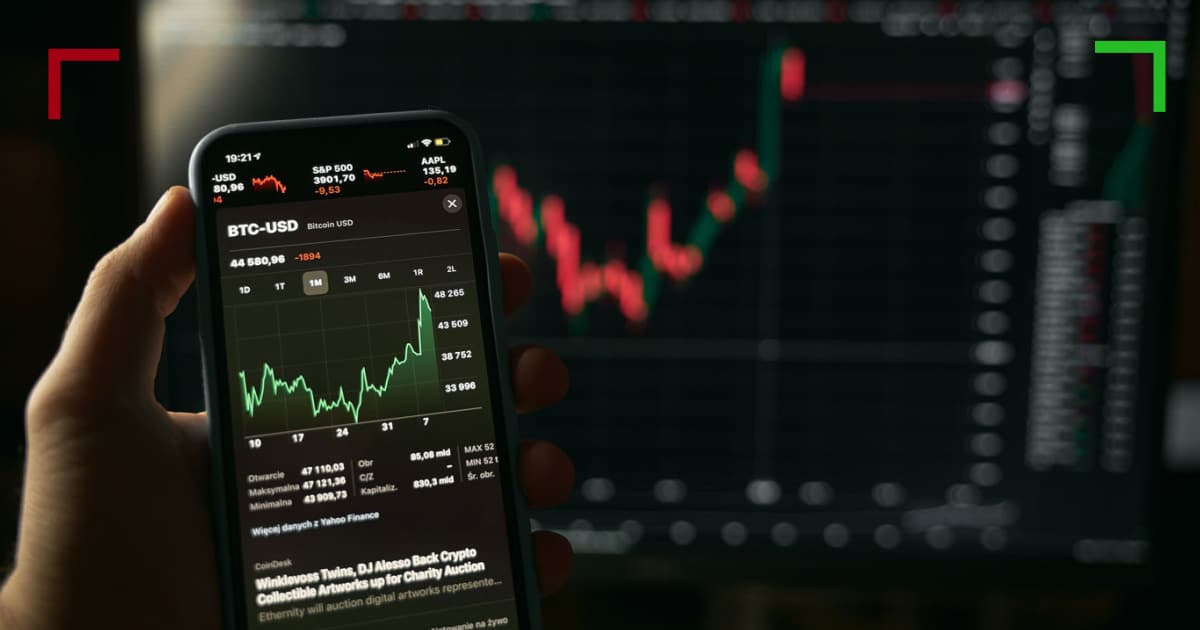
Understanding Crypto Trading No KYC
In the ever-evolving landscape of cryptocurrency, one of the most appealing aspects for traders and investors alike is the concept of Crypto Trading No KYC. This term refers to cryptocurrency exchanges and platforms that allow users to trade without the necessity of completing Know Your Customer (KYC) procedures, which often require extensive personal information. Crypto Trading No KYC click here to learn more about the implications of KYC on trading practices.
What is KYC and Why Does it Matter?
KYC, or Know Your Customer, is a regulatory process that financial institutions are required to follow. The goal of KYC is to prevent fraud, money laundering, and other illicit activities. While these regulations are crucial in traditional finance to maintain accountability and security, they can be burdensome for users in the crypto space.
KYC processes often require users to submit identification documents, proof of address, and sometimes even biometric data. This process can be tedious and off-putting for traders who value their privacy and wish to maintain a low profile online.
The Appeal of No KYC Trading Platforms
The rise of crypto trading platforms that do not require KYC verification is largely due to the increasing demand for privacy and anonymity. Here are some key advantages:
1. Enhanced Privacy
For many traders, privacy is paramount. The inherent structure of blockchain technology allows individuals to remain anonymous while conducting transactions. Platforms that support No KYC trading align with this ethos, enabling users to participate in crypto markets without revealing their identities.

2. Accessibility
No KYC exchanges often have lower barriers to entry, allowing anyone with an internet connection to start trading. This is particularly beneficial in regions where access to traditional banking services is limited.
3. Speed and Convenience
Onboarding onto a No KYC platform is generally faster since users do not need to submit lengthy documentation and wait for approval. Traders can start buying and selling cryptocurrencies almost instantaneously, which is crucial in a market that is known for its volatility.
4. Reduced Risk of Data Theft
In a time where data breaches are commonplace, avoiding KYC procedures may reduce the risk of personal information being compromised. Users who trade anonymously do not have their data on file with an exchange, minimizing the potential fallout in case of a hack.
Challenges and Considerations
While there are numerous advantages to No KYC trading, it is also important to be aware of the challenges:
1. Limited Support and Features

Many platforms that offer No KYC trading may not provide the same level of customer support or features as regulated exchanges. Users should conduct thorough research before engaging with these platforms.
2. Potential for Scams
The crypto space is rife with scams, and platforms that do not require KYC may attract malicious actors. Users need to exercise caution and verify the legitimacy of any exchange before investing their funds.
3. Regulatory Risks
As regulations on cryptocurrency continue to evolve, No KYC platforms may face increased scrutiny from governments. This could lead to potential shutdowns or forced compliance, impacting users.
Top No KYC Exchanges
Despite the challenges, many reputable exchanges offer trading without KYC verification. Here are a few prominent options:
- Binance: This global exchange allows users to trade up to a certain limit without completing KYC processes.
- Kraken: Known for security and reliability, Kraken allows limited trades without KYC for non-residents of certain countries.
- LocalBitcoins: A peer-to-peer marketplace that connects buyers and sellers allows users to trade with minimal verification.
Conclusion
The allure of Crypto Trading No KYC is undeniable, especially for those emphasizing privacy and accessibility. However, while the benefits are substantial, users must navigate the challenges and responsibilities that come with this type of trading. Conducting thorough research, staying informed about regulatory changes, and safeguarding personal information are essential steps in participating in the No KYC trading landscape.
As the cryptocurrency industry continues to evolve, the future of No KYC trading will likely change as well. It is crucial for traders to remain adaptable and informed to make the most of their trading experience.